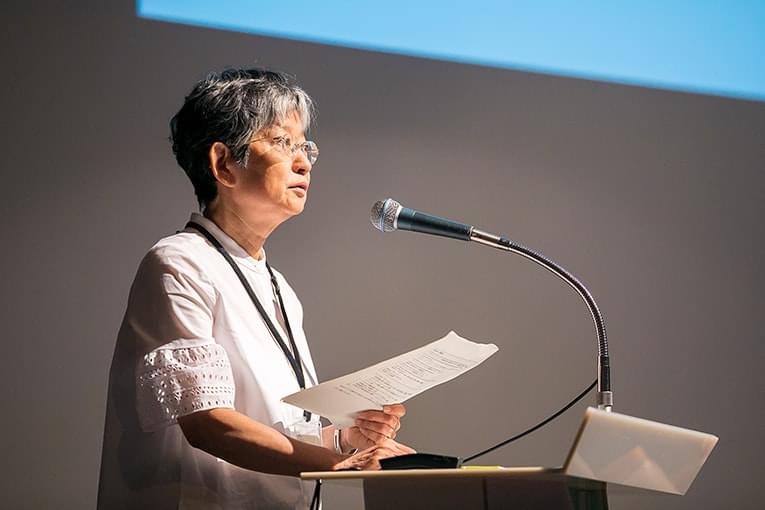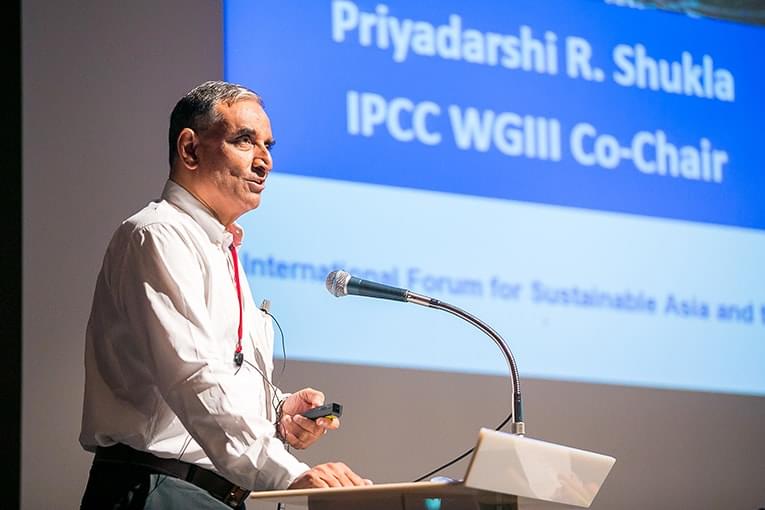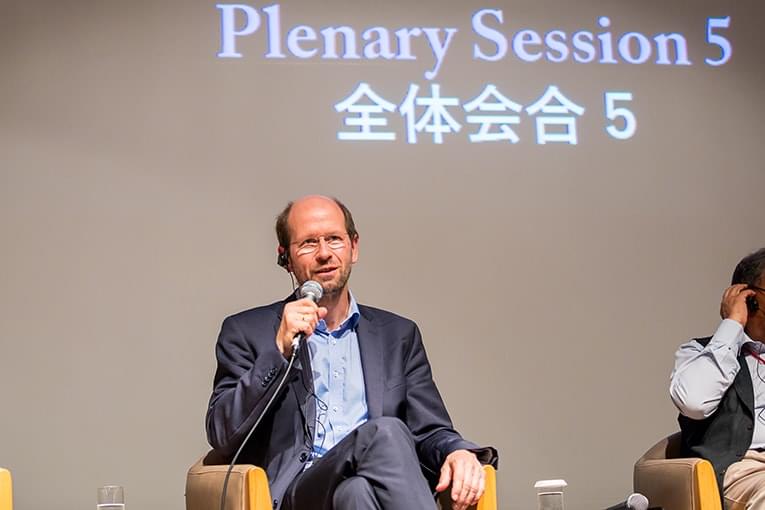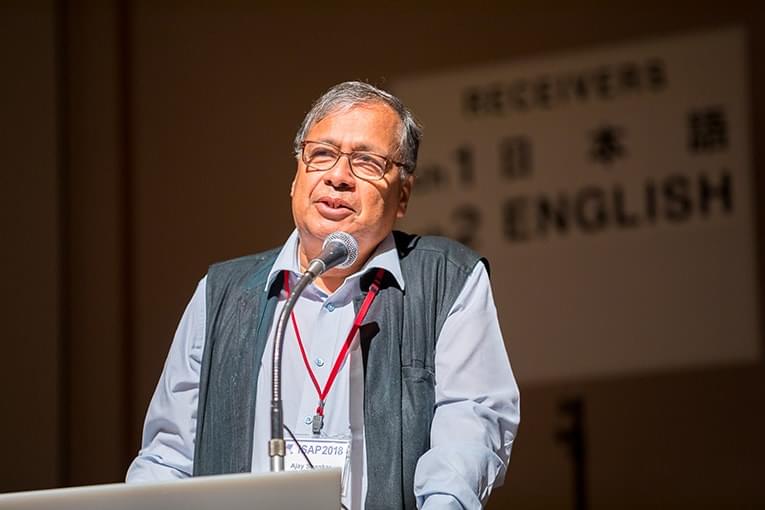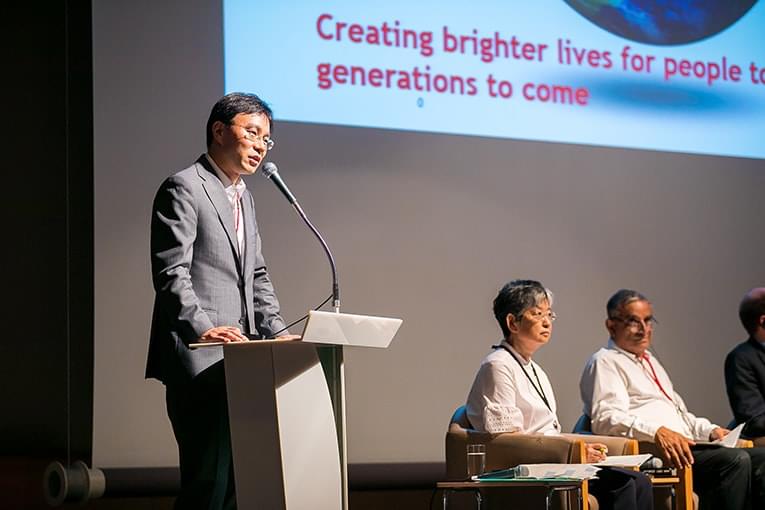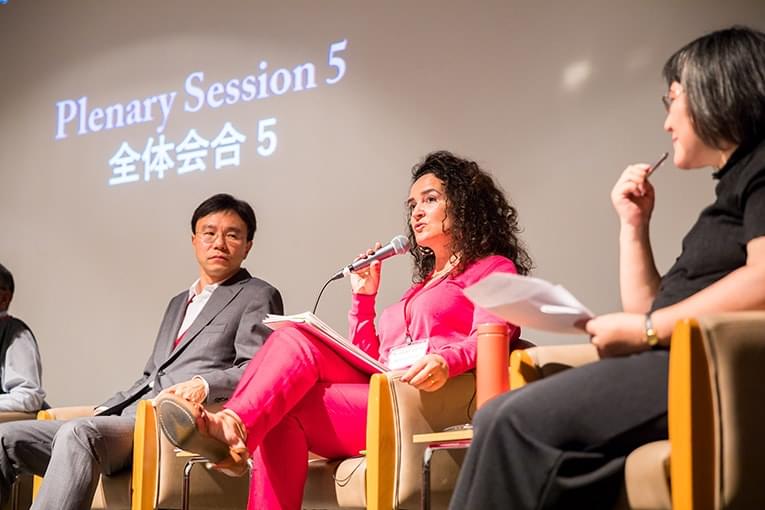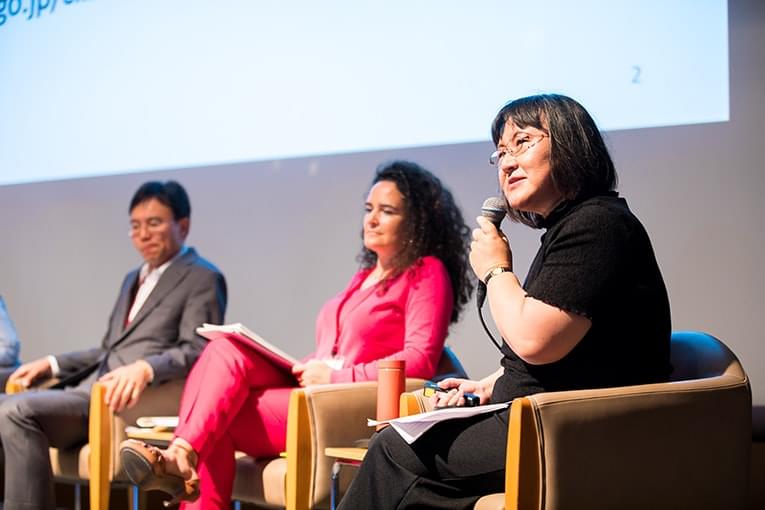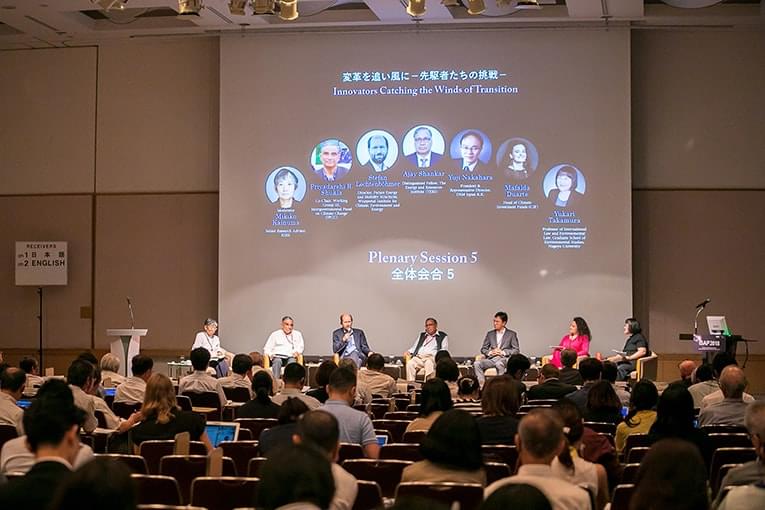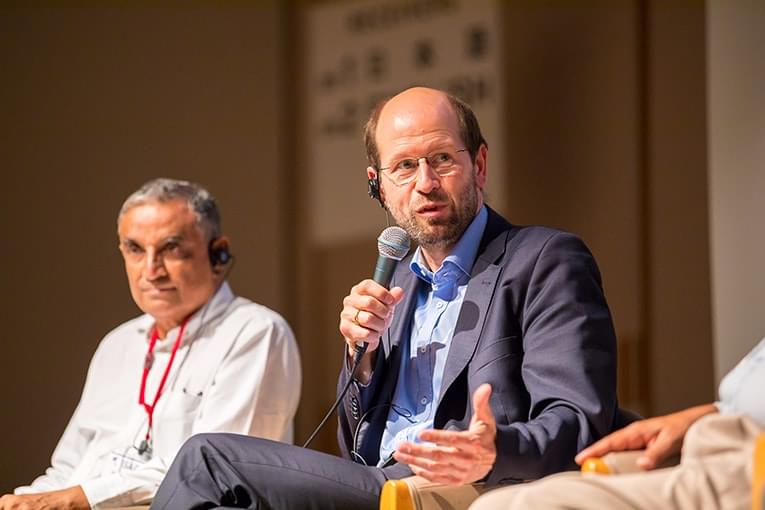The Paris Agreement—the normative foundation that the international community agreed upon to help guide global decarbonisation by mid-century— was adopted at COP21 in 2015 and entered into force in 2016. Currently international negotiations are continuing under the UNFCCC process to operationalise the Agreement including developing and adopting a detailed implementation of guidelines (also known as the “Paris Rulebook”) at COP24, in December this year. With COP24 rapidly approaching, a variety of different options have been put on the negotiating table.
Against this background, this session aims to introduce the most updated information pertaining to international negotiations and examine potential proposals on important elements of the Rulebook to be adopted at COP24. The session will start with a short framing presentation followed by presentations from IGES researchers on selected items of the Paris Agreement. The presentation topics will include transparency, nationally determined contributions (NDCs), market mechanisms, finance and the global stocktake, since rules for those particular elements have substantial implications for domestic
policies and business strategies. After a short, moderated discussion between presenters, the session will open the floor for an interactive exchange of views with the audience.
Co-Chair, Working Group III, Intergovernmental Panel on Climate Change (IPCC)
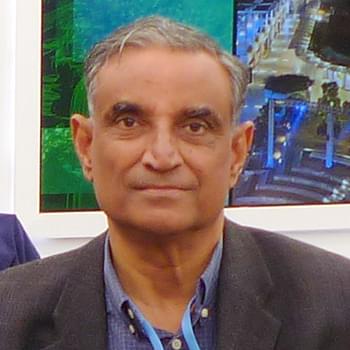
Priyadarshi R. Shukla
Co-Chair, Working Group III, Intergovernmental Panel on Climate Change (IPCC)
Priyadarshi R. Shukla is a Distinguished Professor at Global Center for Environment and Energy Ahmedabad University, India. He is currently a co-chair of the Working Group III (Mitigation) of the Intergovernmental Panel on Climate Change (IPCC).He has been a member of several prestigious national and international committees in the areas of energy, environment and development. He has co-authored/co-edited fifteen books and numerous publications in reputed international journals. He has also been on the editorial board of several international journals in the areas of energy, environment, climate change and development policies and modeling. He holds a Ph.D. from Stanford University.
Director, Future Energy and Mobility Structures, Wuppertal Institute for Climate, Environment and Energy

Stefan Lechtenböhmer
Director, Future Energy and Mobility Structures, Wuppertal Institute for Climate, Environment and Energy
Stefan Lechtenböhmer is responsible for applied research in regional, national and international energy and climate scenario analysis and scenarios for a Sustainable Low Carbon Society at the Wuppertal Institute for Climate, Environment, Energy. He has lead and conducted numerous studies on energy and emission scenario analysis. He currently works on topics around sustainable future energy systems with a focus on deep decarbonisation strategies in energy intensive processing industries.
He acquired his Ph.D. in energy and environmental management at the International Institute for Management University of Flensburg. He holds a university degree (diploma) in geography, economy and political sciences from the University of Münster. Stefan Lechtenböhmer is adjunct professor for "Sustainable Future Energy Systems" at Lund University, Sweden.
He is member of the Steering Group of the G8 Low Carbon Society Research Network and the UNFCCC Roster of Experts for GHG-Inventories, Policies & Measures, GHG-Projections.
Distinguished Fellow, The Energy and Resources Institute (TERI)
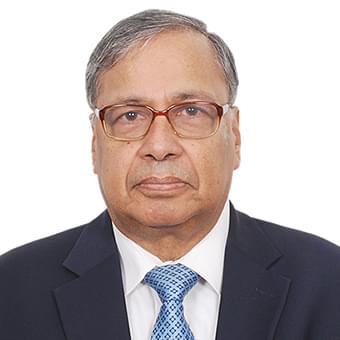
Ajay Shankar
Distinguished Fellow, The Energy and Resources Institute (TERI)
President & Representative Director, DSM Japan K.K.
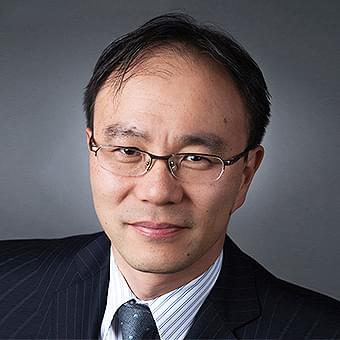
Yuji Nakahara
President & Representative Director, DSM Japan K.K.
Yuji Nakahara holds a Bachelor and Masters degree in Chemical Engineering from the University of Tokyo, MBA from Johnson Graduate School of Management, Cornell University, and Executive Education ELPⅢ from Wharton School of the University of Pennyslvania.
He is currently the President and Representative Director of DSM Japan K.K., being responsible for all DSM operations in Japan. He also sits on board seats of DSM affiliated joint ventures in Japan. Previous to this role, he held positions in the Netherlands and Switzerland.
He is on the Advisory Board of Catalyst Japan, a nonprofit organization accelerating progress for women through workplace inclusion. He is also an Advisory Board Member of the G-20Y Association, as well as the Program Committee Member charing the Global Demographic Developments Committee.
Before joining Royal DSM, he was a Partner at McKinsey & Company and previously, a chemical engineer at JGC Corporation, a leading Japanese plant engineering contractor.
Professor of International Law and Environmental Law, Graduate School of Environmental Studies, Nagoya University
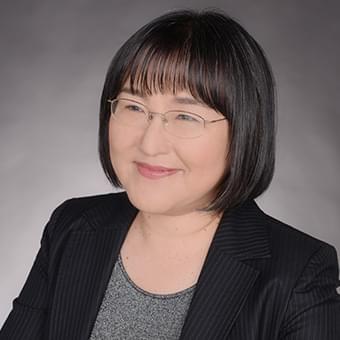
Yukari Takamura
Professor of International Law and Environmental Law, Graduate School of Environmental Studies, Nagoya University
After graduating from Kyoto University (Bachelor of Laws) and receiving Master in Laws (Public International Law) from Hitotsubashi University, Tokyo, Yukari Takamura was appointed Associate Professor of Public International Law at Shizuoka University (1998-2004), Associate Professor (2004-2006) and Professor (2006-2011) of Public International Law at Ryukoku University, and Professor of International Law at Nagoya University (since 2011), Japan. She also studied at Graduate School of University of Paris II (Panthéon-Assas), France (1993-1995) and was Visiting Researcher at University of London, U.K. (2000-2001).
She serves as member of governmental advisory bodies, among others, Science Council of Japan; Central Council of Environment; and Procurement Price Calculation Committee for Feed-in Tariff Scheme for Renewable Energy. She published many books and articles, among others, ‘Climate Change and Small Island Claims in the Pacific’, Ruppel, O.C. et al. eds., Climate Change: Legal Responses and Global Responsibility Volume I (2013); Chapter Japan in Lord, R. et al. eds., Climate Change Liability (2011): Niizawa, H. and Takamura, Y. eds., Dynamisms of Climate Change Policies (2015) (in Japanese).
Head of Climate Investment Funds (CIF)
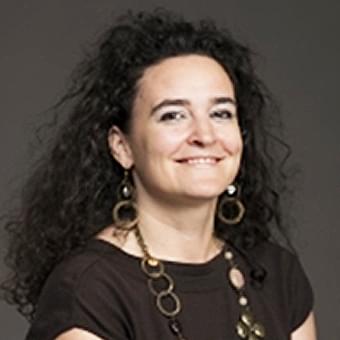
Mafalda Duarte
Head of Climate Investment Funds (CIF)
Mafalda Duarte is the head of the $8.3 billion Climate Investment Funds (CIF).
Under her leadership, the CIF has doubled down on work to accelerate global action on climate change, from first-of-its-kind investments and innovative, pilot approaches to a strong emphasis on learning and sharing of knowledge and technical expertise. She is currently leading the strategic and policy efforts to take the tried-and-tested CIF model to the next level, including through new mechanisms to mobilize finance from capital markets.
Recognizing that developing countries are at risk of bearing the brunt of climate change-related impacts – from droughts to floods and the human suffering that comes with them – Mafalda has made helping countries build climate-smart, resilient economies the focus of her career. Prior to taking the helm at the CIF in 2014, Mafalda led policy and corporate work and managed climate-related portfolios at the African Development Bank and the World Bank.
Senior Research Advisor, IGES
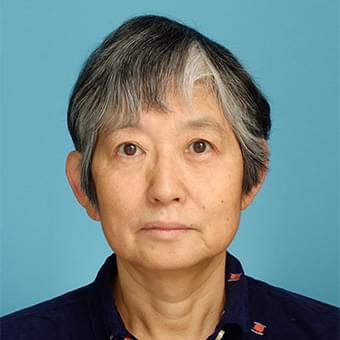
Moderator
Mikiko Kainuma
Senior Research Advisor, IGES
Mikiko Kainuma is currently a senior research advisor of IGES. She joined National Institute for Environmental Studies (NIES) in 1977, and since 1990, she has been engaging in the development of Asia-Pacific Integrated Model (AIM), which assesses policy options for stabilizing the global climate, particularly in the Asian-Pacific region. She led the Low Carbon Asia Project from 2009 to 2014. She served as an adjunct professor at Japan Advanced Institute of Science and Technology from 2003 to 2014. Her current research area of interest are in low carbon societies in Asia, energy systems and social development. She has published papers in international journal and books. These include Climate Policy Assessment (2003), Methodologies for leapfrogging to low carbon and sustainable development in Asia (2017), and Post-2020 Climate Action: Global and Asian Perspectives (2017). She received Academic Award by the Society of Environmental Science, Japan (2011), Remarkable Contribution to Science and Technology 2010: NISTEP (2010), and Nikkei Global Environmental Technology Award (1994). She was a Lead Author of Intergovernmental Panel on Climate Change (IPCC) Fourth and Fifth Assessment Report, and currently is a Lead Author of IPCC 1.5 degrees Special Report. She was selected “55 Japanese women with a sense of mission”, by Forbes Japan (2016).
